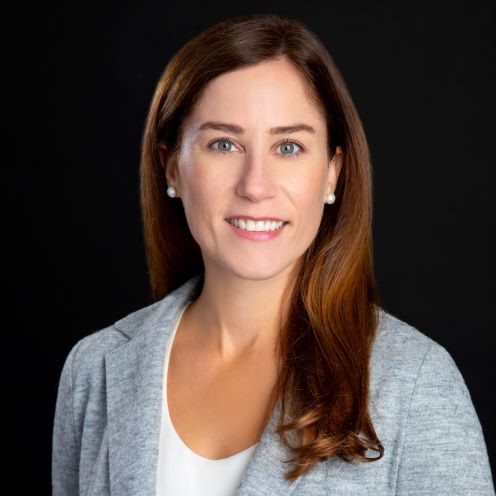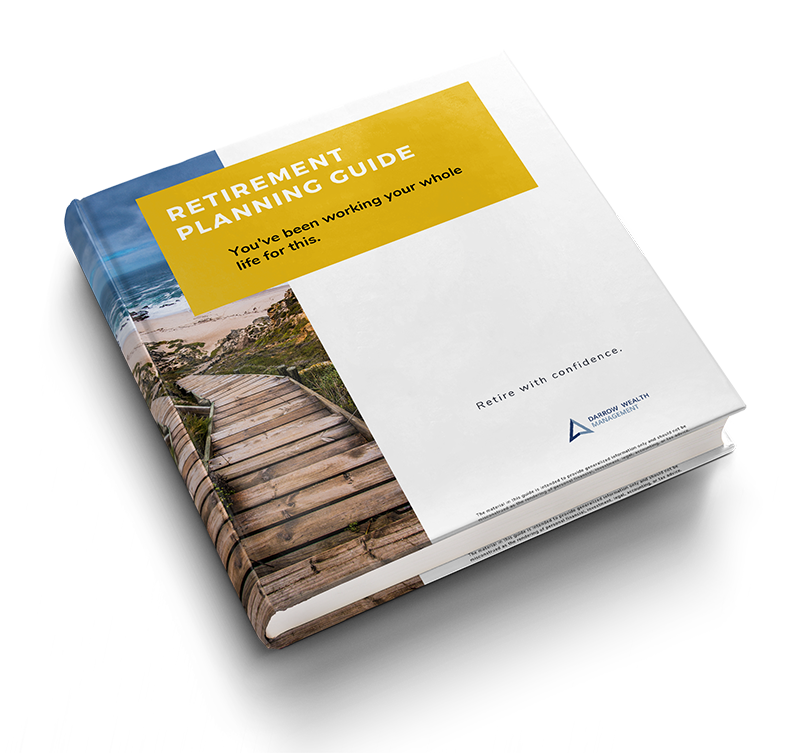Retirement Planning Strategies for Single Women
Single and unmarried individuals may be accustomed to being completely self-reliant, but when it comes to saving for retirement, it may take some extra planning to stay on track. Unfortunately, most single people won’t simply have half the expenses that a couple might. Larger expenses like housing and cars often eat up much more of a single individual’s monthly earnings compared to couples. However, with proper planning and an ongoing commitment to saving and investing, single and unmarried women can work to attain an enjoyable lifestyle and comfortable retirement.
How much cash to keep on hand
As a general rule of thumb, single individuals or one-income households should have at least six months of non-discretionary expenses (such as a mortgage and groceries) set aside in savings. However, it is also important that individuals don’t keep too much cash on hand. Holding onto too much cash earning virtually nothing is a barrier to building wealth.
There are exceptions to the guidance on how much cash to keep. Generally, if you are planning a purchase within the next few years, that money should stay in cash. This will help ensure your purchase isn’t derailed by a market downturn.
When deciding on how much cash to have on hand, also consider the stability of your job. If you’re in an industry with a lot of M&A activity or are working for a startup, it may make sense to keep more cash on hand if there is a higher likelihood you’ll be in-between jobs.
Have extra cash and not sure how to invest it? Consider using a brokerage account.
 Keeping expenses in check is especially important for women
Keeping expenses in check is especially important for women
Budgeting can be challenging for single people, especially for single women. The Institute for Women’s Policy Research reports that women only earn 80 cents for every dollar earned by a man.
One expense that can be very difficult to tackle as a single individual is housing. According to The Bureau of Labor Statistics, couples spend almost 24% of income on housing; however single men spend about 30% and single women almost 40%.
To build wealth, single people should try to keep their housing costs down where possible and within reason. For example, even if your income supports a big mortgage payment, how much is left each month to save for retirement? For many high-earning individuals, simply maxing out your 401(k) each year will not be enough to maintain the same lifestyle in retirement.
If you need to cut back
If you need to cut back on lifestyle spending, consider looking at all of your expenses and reducing or eliminating large expenses that don’t add as much value to you. To start, consider looking at the following expense categories: housing, transportation, food, travel/entertainment, and healthcare. Where are you spending the bulk of your income? How much value does this type of spending add to your life?
We are all different. Some people treasure daily lunch out with co-workers, while others end up routinely eating out. If you’re spending a lot on a car payment, consider a less expensive model next time, particularly if you don’t drive much.
Healthcare costs
Healthcare costs can’t always be prevented but there are some ways to save. If you participate in a high-deductible health plan, consider whether it’s better to switch to a traditional plan. If you aren’t using a health flexible spending account (FSA) or health savings account (HSA) for those enrolled in a high-deductible health plan, consider investigating whether your employer offers these benefits, which allow you to pay for qualified medical expenses using pre-tax dollars.
Retirement planning and investing for single women
For single investors, it typically makes sense to start by putting as much as possible into your 401(k). Saving early and often isn’t necessarily “sexy,” but the power of compounding over time can be tremendous. How much money you need saved up to retire will vary considerably from person to person. Individuals with high incomes also tend to have higher annual lifestyle expenses. In this situation, maxing out your annual 401(k) contributions may not be enough to provide the same lifestyle in retirement.
Other common factors that play a large part in determining how much is “enough” to retire are. Family history of longevity (women often live longer than men), costs of living where you retire, retirement age, and annual income needs in retirement are big factors.
If annual additions to a retirement plan at work aren’t enough to accomplish your retirement planning goals, consider the benefits of an individual brokerage account. A brokerage account is the most flexible type of investment account. While there are no tax advantages, investors also have freedom to contribute and take withdrawals without restrictions or penalties.
A brokerage account is often used to fund retirement before required minimum distributions (RMDs) begin and allow retirees a way to delay taking Social Security until age 70.
Wealth Management for Women

Darrow Wealth Management is a women-owned investment management and financial planning firm based in Greater Boston and partnering with executives across the US. Schedule a phone consultation to discuss your situation and learn more about our wealth management program.


 Keeping expenses in check is especially important for women
Keeping expenses in check is especially important for women






